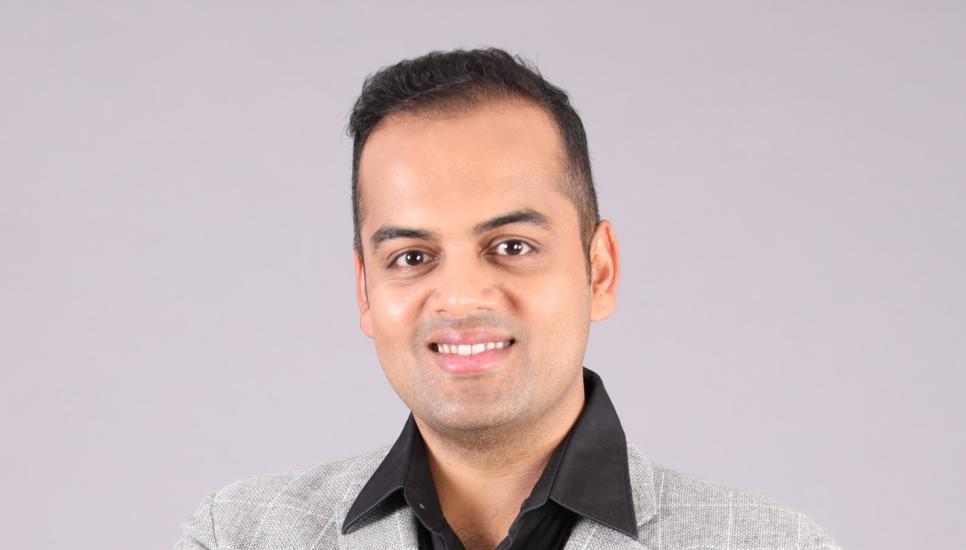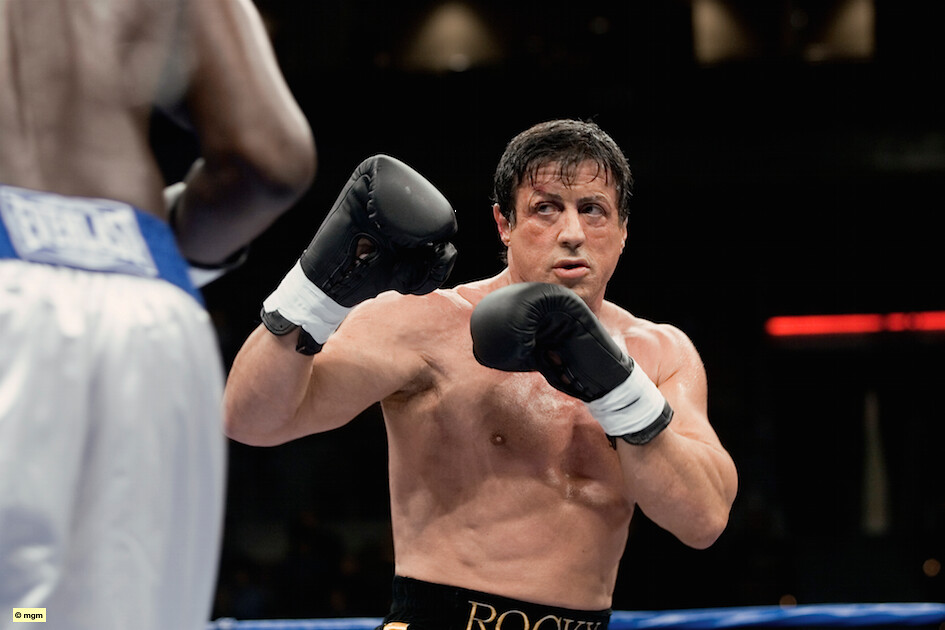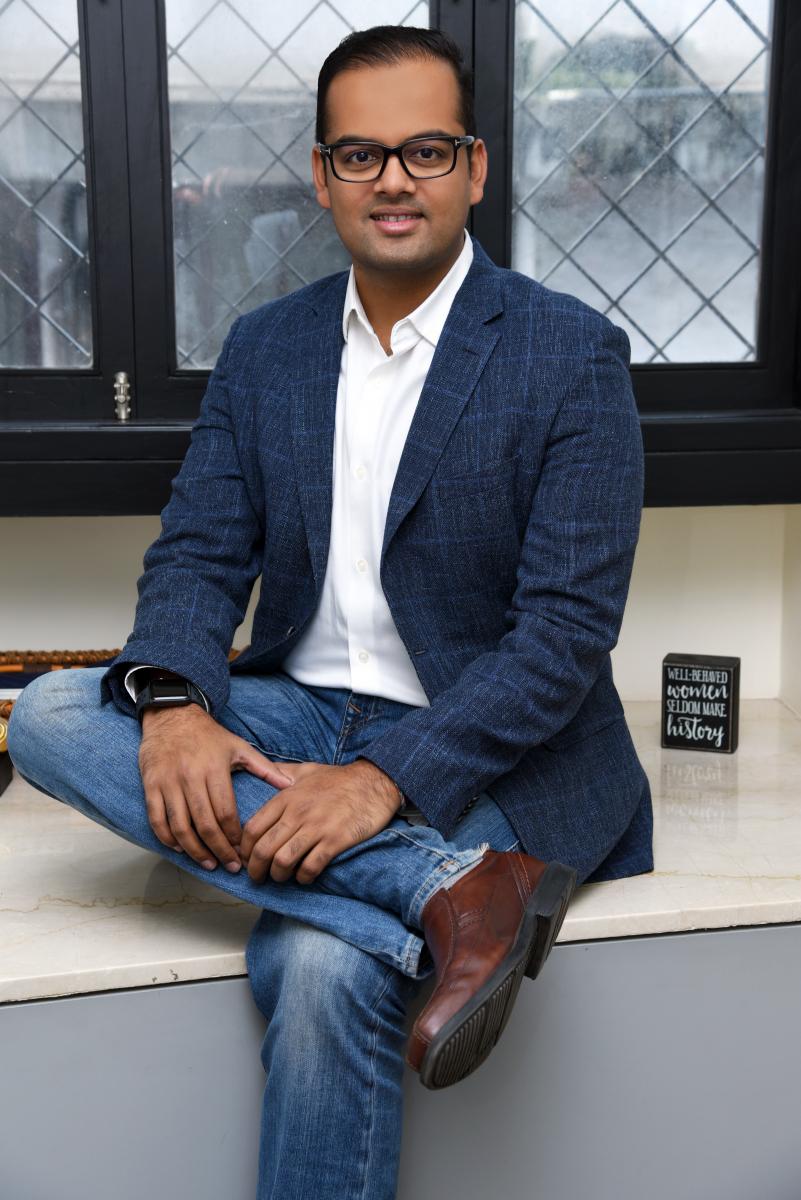Anirudh Damani on how family business founders should mentor their next generation

I am writing as the son of a successful father whose enormous shadow I have tried to wiggle out of for much of my professional life. I write this from a personal perspective of watching my first generation of wealth creators struggle to involve their next-gen in the family business.
Their problem is not an isolated one as other first-gens face similar struggles, some more and some less. My narrative may seem like a one-sided criticism, or even a bit preachy, and I am super-excited if you completely disagree with me. Therefore, consider this an open letter to first-gens (you) from a next-gen (me/us) to start a conversation about how we could work together.
First, let me be clear that I am mighty proud of my father. I owe many of my skills to watching him from a very close vantage point during my formative years. Finding out-of-the-box solutions to seemingly impermeable problems, thinking like the other side's advocate when plugging loopholes in legal agreements, and finding investment opportunities by reading the fine lines that a promoter must disclose in plain sight are a few in a very long list. It was and is a privilege to get identified as his son.
 I saw my father-uncle partnership expand a modest 1980s stockbroking firm into a real estate, hospitality and private equity financing business. Their unique management styles developed outstanding managers, intrapreneurs and entrepreneurs, creating wealth for those they trained and in return for themselves. Many of the people who trained under them have amassed massive wealth and changed their life trajectories. However, my first-gen faced their biggest challenge in getting their children to take meaningful ownership in their business, with each of us charting our own path. Their struggle is not an isolated one either—it is a commonplace issue with many of the first-gen wealth creators like you.
I saw my father-uncle partnership expand a modest 1980s stockbroking firm into a real estate, hospitality and private equity financing business. Their unique management styles developed outstanding managers, intrapreneurs and entrepreneurs, creating wealth for those they trained and in return for themselves. Many of the people who trained under them have amassed massive wealth and changed their life trajectories. However, my first-gen faced their biggest challenge in getting their children to take meaningful ownership in their business, with each of us charting our own path. Their struggle is not an isolated one either—it is a commonplace issue with many of the first-gen wealth creators like you.
It could take a book to completely cover the various nuances and vantage points on this topic. However, I present four that I believe are the most critical aspects for a first-gen (you) to understand and prepare the next-gen (us) to fill your shoes.
 Train us like an outsider
Train us like an outsider
The fact that you can train others to become wealth creators and managers clearly shows that this is not a skill issue. I have always believed that it is an attitude issue. Most first-generation wealth creators like yourself fail with their next-gen because they treat the next-gen differently than the outsider vying for the same position. Therefore, our growth gets somewhat stunted, an outcome that neither you nor we were seeking.
Keep us close to you at home, but train us like you would an outsider inside the workplace's confines.
Give us a well-rounded experience
The best lessons are those learned from the medium of first-hand experiences.
What makes you successful is the knowledge you've gained through the fortune of profound experiences you’ve had in the struggle to build this wealth. There were no shortcuts to achieving this expertise; therefore, you must not find shortcuts for us. We have the one thing that you did not, an experienced campaigner, i.e., you!
Honestly assess our potential, find out the areas where we lack the experience/knowledge you have then draw out a plan to fill those gaps. Therefore, put us in various positions, throw at us your difficult problems and make us work with your most challenging people, i.e., make us experience what you cannot explain or that we could not learn from textbooks.

There is a strong tendency in your generation to mollycoddle us so that we do not face the hardship you did in your careers. Unfortunately, you are doing us a major disservice by taking away the core elemental experiences that made you into a master-businessman/woman.
I can empathise with you that it is difficult to put us through such hardship, primarily when you’ve built these empires for us not to struggle as you did. However, you must remember that even the princes of the greatest kings had to attend gurukuls that were far-off from their palatial lives. Only then could those princes get groomed and prepared to lead and become responsible kings.
If you can't provide a well-rounded experience in your setup, farm us out to other business houses to gain these core experiences. If those taskmasters are hard on us, let them do that—we may learn a thing or two about becoming better leaders. If we are complaining, give us your ear, but not your shoulder.
 Let us fail, fail and fail again
Let us fail, fail and fail again
Failing hurts, it burns and it could break our spirit, but borrowing the words from a legend of your generation, Rocky Balboa (pictured):
“Let me tell you something you already know. The world ain’t all sunshine and rainbows. It’s a very mean and nasty place, and I don’t care how tough you are; it will beat you to your knees and keep you there permanently if you let it.
“You, me, or nobody is gonna hit as hard as life. But it ain't about how hard you get hit. It's about how hard you can get hit and keep moving forward. How much you can take and keep moving forward. That's how winning is done!”
On many occasions, my mother convinced my father to allow me to do something radically different by reasoning with him—‘Isn't it better that he fails in front of you, instead of when you are not there!’

Yes, failing looks terrible on you in the short-run, but you must decide whether you prepare us to run a sprint or a marathon!
Give us the freedom to experiment and find our style
You provided us with the platform to gain experience, and then you offered us the opportunity to fail. We grew up, and now you want to include us in your setup and start taking over the reins. But…
Houston, we have a problem!
You will soon realise that we learned from a different textbook than the one you read. We grew up in a different business world than the world you did. We have a lot more information at our fingertips than you have had, and most importantly, we face a completely different world than the one you did at our age.
If you sent us off to learn the business ropes from another gurukul, we most likely come back with a perspective and style that could be different and may even conflict with how you have run things.
Please note that I am not stating that we are correct or that you are wrong or vice versa. The truth probably lies somewhere in the spectrum between how we see things and how you have run things, and both sides must get a say if this partnership is to continue.

Since we have not earned our stripes in your setup, we must earn it. However, neither should all our ideas get thrown out due to the opposition from your current structure. Change cannot be brought from outside an organisation; it must begin from within.
Therefore, provide us with sandboxes that are insulated from the rest of your business. The insulated setup should allow you to contain the losses if things go wrong, but it must be as close to the real stuff so that if things do go well, they can get replicated quickly across the business.
It could mean that you provide us with a separate office within your own, with Chinese walls that allow us to run in contrast with how you’ve run things, and you may have complete opposition to what we are doing. But you give us the feeling of ownership, isn't that the outcome you would like for us?

The most important aspect of getting us to work in these sandboxes is that both sides must agree at the very outset on:
- What is the hypothesis that is getting tested?
- The timeline of the experiment
- The cost
- The expected buffers for time or cost overruns
- How (and when) both sides would agree to pull the plug
Then let us get to work in proving you right, even when we may prove your current methods require a complete, straightforward, or no change. You will win either way. Trust me.
Malcolm Gladwell, in his best-selling book, Outliers: The Story of Success, deduced that it takes 10,000 hours of practice to become world-class in a field. Considering 10-hour workdays, it means it will take 1,000 days for us to be world-class, but you may say (and correctly so) that it takes 10,000 hours to just get to the podium; it will take 20,000 more hours to dominate.
Here is the good news: help develop us to be world-class in those critical first 10,000 hours. Together, we will beat the world in the next 20,000.






